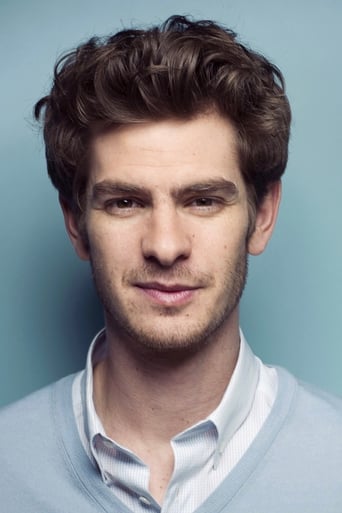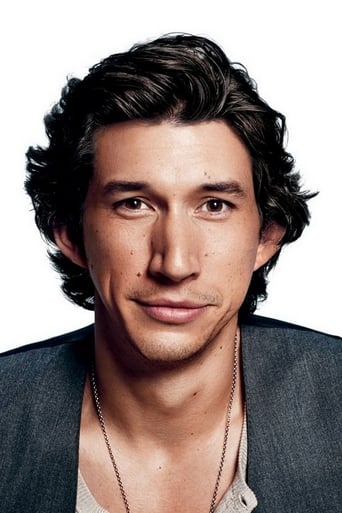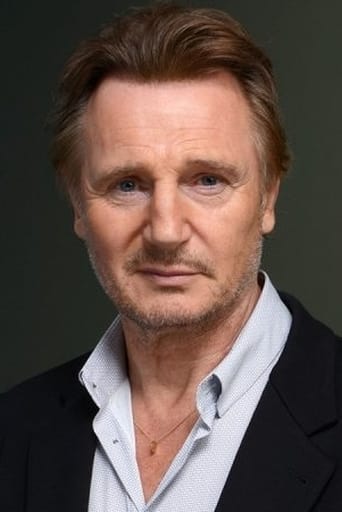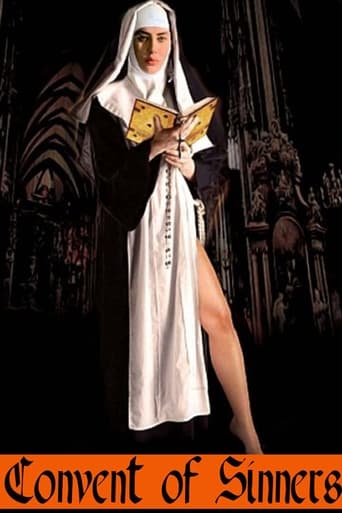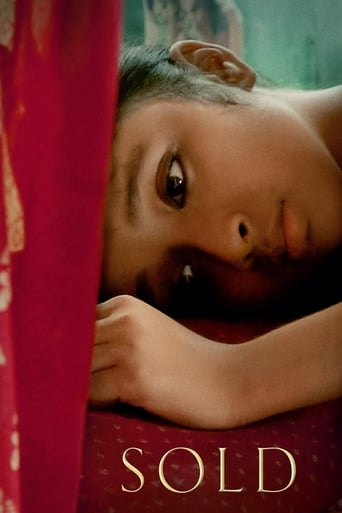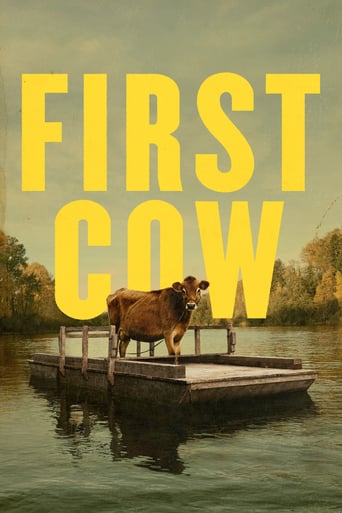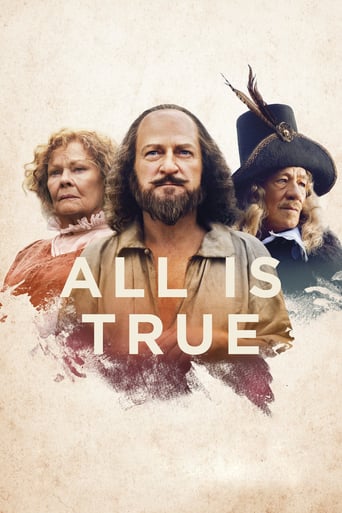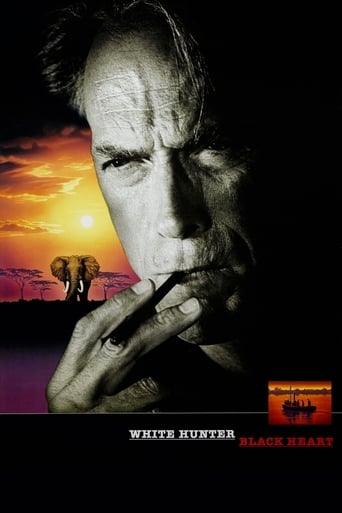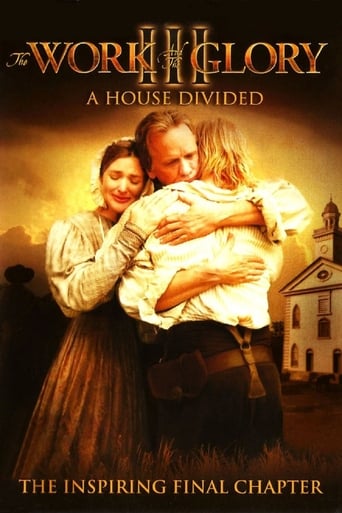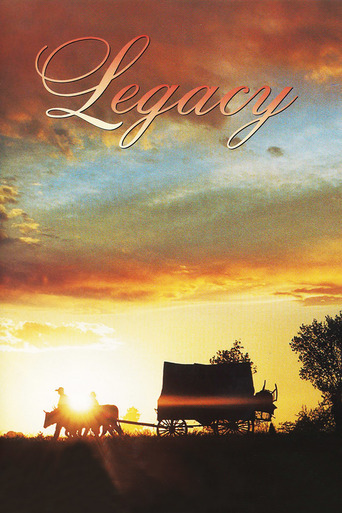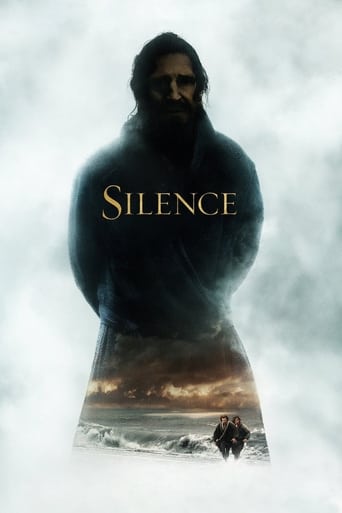
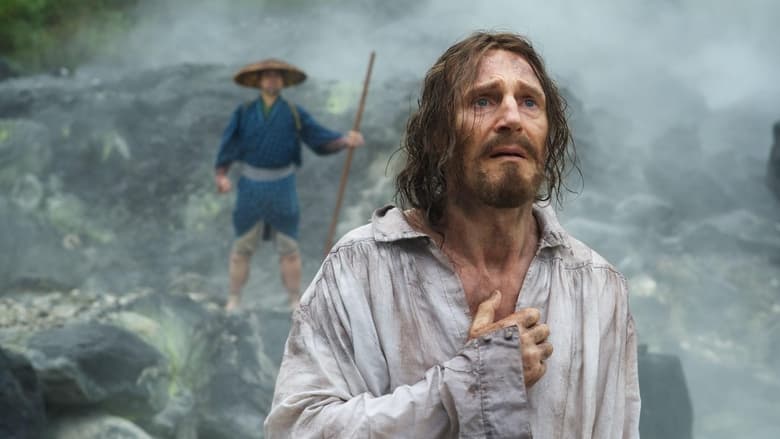
 Watch Now
Watch Now






Silence (2016)
 Watch Now
Watch Now






Two Jesuit priests travel to seventeenth century Japan which has, under the Tokugawa shogunate, banned Catholicism and almost all foreign contact.
Watch Trailer
Cast


Similar titles
Reviews
Excellent, Without a doubt!!
If the ambition is to provide two hours of instantly forgettable, popcorn-munching escapism, it succeeds.
The film may be flawed, but its message is not.
A great movie, one of the best of this year. There was a bit of confusion at one point in the plot, but nothing serious.
This is an excellent movie. It kept me in silence.
Two young Jesuit priests, Rodrigues and Garrpe. secretly arrive in Japan on the very cold trail of Father Ferreira. Japan has been seeking to abolish Christianity by way of mass executions, but there are still pockets of secret Christians. Father Ferreira, it is rumoured, has denied his faith and turned native Japanese - could this deeply disturbing suggestion be true, or is it just a rumour to serve Japanese political ends?I have never before seen a film with the word "apostatised" used once, let alone the number of times it is used in this film. But since apostasy is at the heart of the matter, I suppose that is fair enough.Martin Scorsese sets out to dramatise a true(ish) episode towards the end of the Jesuit priesthood's attempted conversion of Japan, at the point where the Japanese establishment is taking a hard line to stamp it out, and the main method they are using is barbaric physical punishment of the native Christian population as pressure to force the priesthood into publicly denying their faith. This is solid drama material, but Scorsese fails to make a satisfying film of it: large sections are boring and repetitive as the two young priests, admirably played by Andrew Garfield and Adam Driver, beat themselves up endlessly about how horrible it all is (and, to be fair, they are right) and how God isn't listening to them. The Almighty does chip in a few words towards the end, but they are not terribly helpful.The dramatisation could have been better. The Japanese character Kichijiro repeatedly denies his faith then seeks confession and forgiveness, to the extent that Rodrigues quietly loses any sympathy for him. I kept waiting for this to have a dramatic payoff, but it never did.In fact, for a film which ran for nearly 3 hours, the dramatic heart could have been condensed into half the running time: as it was, I felt nearly as punished as the two priests.The barbarity of punishment is shown but, thankfully, not dwelled upon. But we really didn't need as much footage of the two priests in a bamboo hut with dirty fingernails, bemoaning their lot, as we got. There is a good film in here somewhere, but it badly needed to shed some weight before it went out in public.
I don't think it's really a spoiler to say that the ending will only satisfy art-house film lovers. In other words, Greek tragedies end happier.But the good news is: One gets to slog through religious persecution, murders and martydoms, torture, suffering, battles with insanity, more suffering, angst, inhumanity, and still more suffering along the way.I think it is funny that so-called film critics all got on the Scorsese bandwagon to laud this film. Only Peter Debruge of Variety gave it a fair review.So, if you like art-house Greek tragedies, which I occasionally do... Or if you are a big Scorsese fan, which I occasionally am... And you are willing to go along vicariously with Andrew Garfield's constant turmoil for 2 1/2 hours......then this film is for you.But even if you still think this is for you, I'll bet you don't find yourself saying, "That was a quick 2 1/2 hours." There just isn't enough to justify the length!It's like someone saying, "Gee, I wonder what it would feel like to be tazered?" And then finding a trusted, respected police officer and saying, "OK, taze me." But then after 2 1/2 hours one might just say, "OK, I think I got the point awhile ago."
Scorsese's movie is a remake of a much greater Japanese classical film and it is based on a Japanese novel. As in "The Departed", Scorsese makes a remake of an Asian movie without being true to the main theme of the original one. It is incredible how you create an adaption of "Chinmoku" with a happy ending. The movie is not about that. The entire story is a philosophical question about whether Jesus himself would have apostatized in that situation. The main idea is not to answer the question but to make the audience think about it. Scorsese answer the question himself and completely destroyed the main idea behind the movie.



